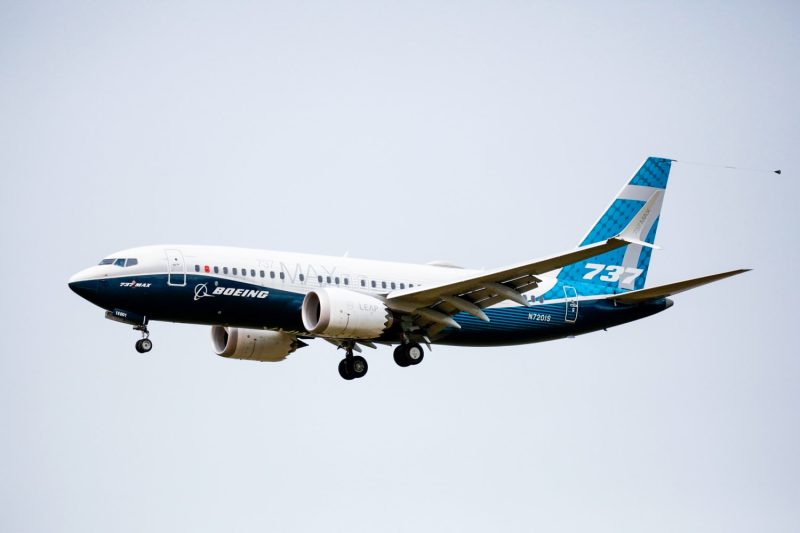In a recent development concerning the Boeing 737 Max crashes, a court has rejected the plea deal proposed by Boeing. This decision comes as a significant blow to the aviation giant, which has been under scrutiny since the crashes that claimed hundreds of lives. The plea deal was closely tied to the two fatal crashes involving the 737 Max aircraft, which prompted global outrage and raised serious questions about the safety and transparency of Boeing’s operations.
The crashes, which occurred in Indonesia in 2018 and Ethiopia in 2019, were linked to a faulty flight control system known as the Maneuvering Characteristics Augmentation System (MCAS). Investigations revealed that Boeing had failed to adequately inform regulators, pilots, and airlines about the system’s potential risks, leading to the tragic loss of 346 lives. The court’s rejection of the plea deal indicates a firm stance against corporate negligence and emphasizes the need for accountability in the aviation industry.
Boeing’s proposed plea deal included a $243.6 million fine and an agreement to enhance its compliance program, among other conditions. However, the court deemed the deal insufficient in addressing the gravity of the offenses and the extent of the damages caused by the crashes. The decision reflects a broader concern about the need for stricter oversight and regulation to prevent similar incidents in the future.
The court’s rejection of Boeing’s plea deal sends a strong message to the aviation industry and other corporate entities that negligence leading to loss of life will not be tolerated. It underscores the importance of upholding safety standards, transparency, and accountability in all aspects of business operations, especially in sectors as critical as aviation.
Moving forward, Boeing will likely face increased pressure to reform its practices, improve safety measures, and rebuild trust with customers, regulators, and the public. The court’s decision serves as a reminder that corporations must prioritize safety and ethical conduct above all else to prevent tragic incidents like the 737 Max crashes from happening again.
In conclusion, the court’s rejection of Boeing’s plea deal tied to the 737 Max crashes marks a pivotal moment in holding corporations accountable for their actions. It highlights the need for greater transparency, oversight, and compliance with safety regulations in the aviation industry and serves as a call to action for all companies to prioritize the well-being and safety of their customers and the public above all else.
